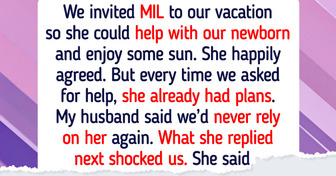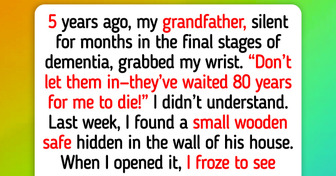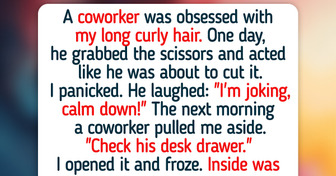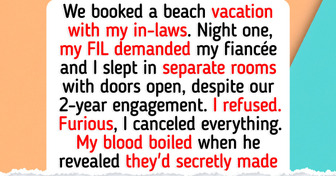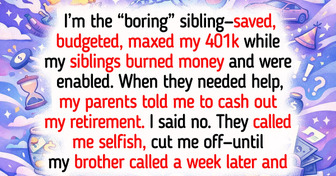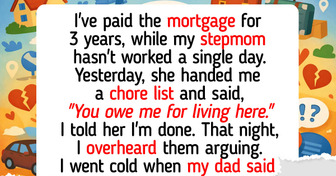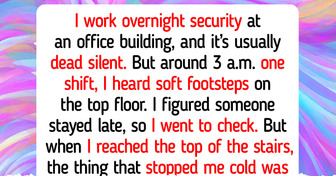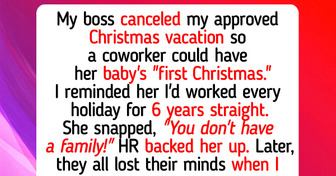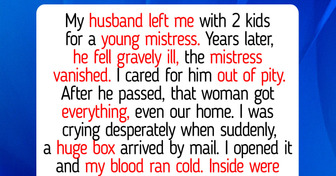Everything Seemed Normal in My Marriage Until I Found the Part of Our Story My Wife Never Mentioned

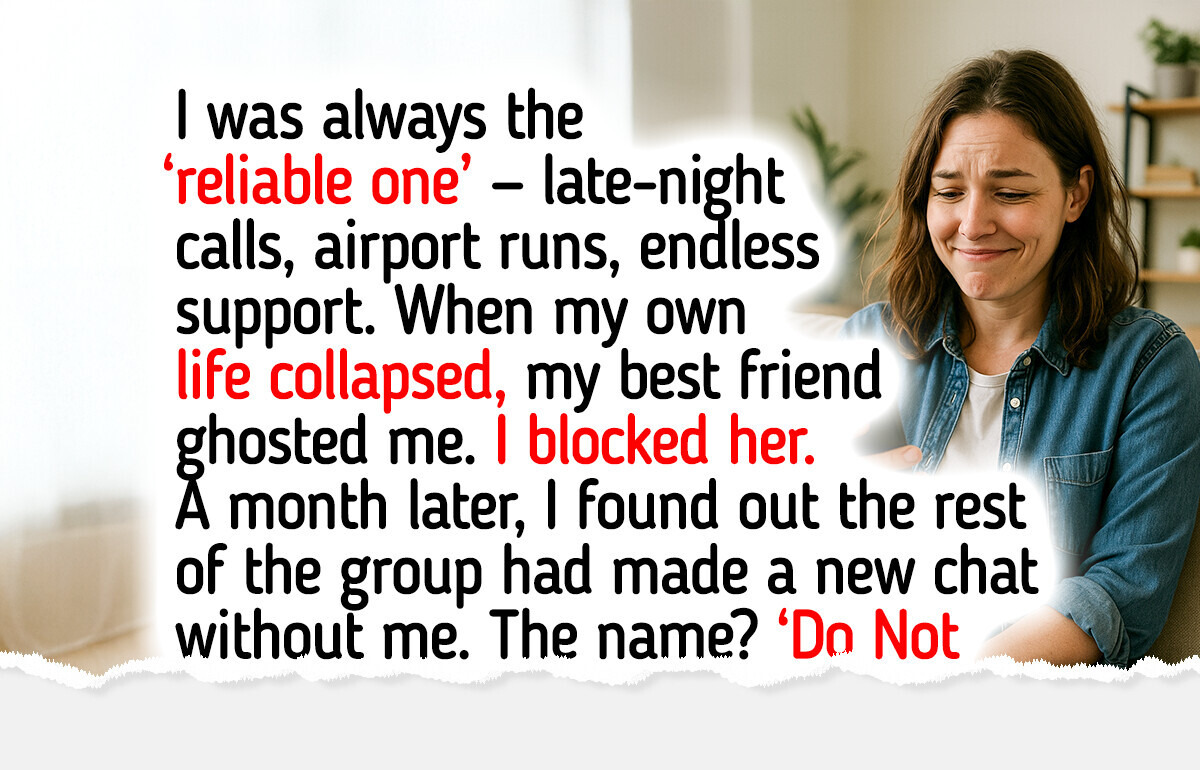
Friendship is supposed to be a two-way street — you show up for each other in good times and bad. But sometimes, you realize you’ve been giving far more than you’ve been getting. One reader shared how she was always the shoulder to cry on for her best friend, only to be left alone when her own life fell apart. What happened next made her question whether their bond was ever real.

I was the “reliable one” in our group. Late-night calls, rides to the airport, bailing people out of drama — that was me. When my best friend’s life blew up, she leaned on me like clockwork.
But when my turn came — job gone, relationship done — she ghosted me. Completely. Weeks of silence while she was busy posting brunch pics. It stung. So I finally blocked her. Done.
A month later, I found out the rest of my “friends” had started a group chat without me. Guess what it was called? “Do Not Disturb.” I wasn’t just blocked from her life — they’d all quietly agreed I was “too much” now that I actually needed something back.
I laughed, because the joke’s on them: I built a whole new circle since then. And funny enough, the new group chat I’m in? It’s called “Disturb Me Anytime.”
Kate
Thank you, Kate, for sharing with us your story!
1. Confidants
These are your ride-or-die friends — the ones who stick with you through thick and thin. You can trust them with your secrets, your dreams, and your bad days. With a confidant, you don’t have to pretend. You can just be you. Most people only have a few true confidants in a lifetime, and they’re priceless.
2. Constituents
These friends aren’t necessarily loyal to you — they’re loyal to what you stand for. You might bond over a shared passion, project, or goal. But if their path changes, they may drift away. That doesn’t mean they’re not valuable — during the time your goals align, they can be amazing supporters and problem-solvers.
3. Comrades
Comrades unite with you against a common struggle. They may not be for you personally, but as long as you’re fighting the same battle, they’ve got your back. Think of them like scaffolding on a building — temporary but useful. When the “enemy” is gone, they usually move on too.
Why Knowing the Difference Matters
The pain often comes when we expect a constituent or comrade to be a confidant. Understanding the nature of a friendship helps set healthy boundaries — and spares us unnecessary heartbreak.
After all, friendships of every kind can enrich our lives. They can bring joy, reduce stress, boost confidence, and even help us make better choices. The trick is knowing which type of friend you’re leaning on.

Making friends is never easy. But what’s even harder? Realizing the people you thought you could count on... don’t show up when you need them most. That sting can shake your trust and leave you wondering if you’ll ever have a friendship you can rely on again.
The truth is, no one gets through life without being disappointed by a friend. Some friendships are one-sided, some fade, and others turn out very different from what we imagined. But feeling let down doesn’t have to mean you’ll always be alone or that no one cares.
Here’s how to cope when friends don’t live up to your expectations — and how to decide what comes next.
1. Allow Yourself to Feel
It’s okay to be hurt or disappointed. Don’t brush it off like it doesn’t matter. Acknowledge your feelings — but don’t let them convince you that every friendship will end in pain.
2. Speak Up
Friendships need communication, just like any relationship. Tell your friend how their actions made you feel. Sometimes misunderstandings happen. Other times, your honesty will reveal whether they’re truly invested in the friendship.
3. See Their Side
Try to consider why your friend might have let you down. Were they overwhelmed, distracted, or unaware? Understanding their perspective doesn’t excuse their behavior — but it can help you see the bigger picture.
4. Decide What’s Next
Once you’ve talked it out, it’s time to ask yourself some hard questions. Do you want to keep this friendship, knowing its limits? Or is it better to let go and make space for people who show up for you?
5. Seek Support Elsewhere
Don’t carry this alone. Talk it through with someone you trust — a partner, sibling, or even a therapist. An outside perspective can help you see things clearly and protect your self-worth.
Not every friendship is meant to last forever, and not every friend is capable of giving you what you need. But there are people out there who will value you, respect you, and stand by you when it matters most. The key is knowing when to hold on — and when to let go.
15 Stories About Friends Who Still Stand Strong Even Years Later

